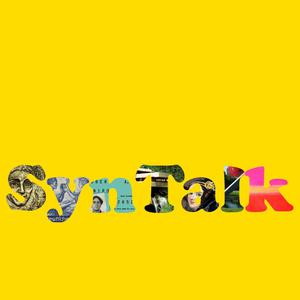🚀 From Google Podcasts to Moon FM in No Time: Your Hassle-Free Migration Guide
👉

f(q) = Is everything moving? (#TSAM) SynTalk is …
Your feedback is valuable to us. Should you encounter any bugs, glitches, lack of functionality or other problems, please email us on [email protected] or join Moon.FM Telegram Group where you can talk directly to the dev team who are happy to answer any queries.